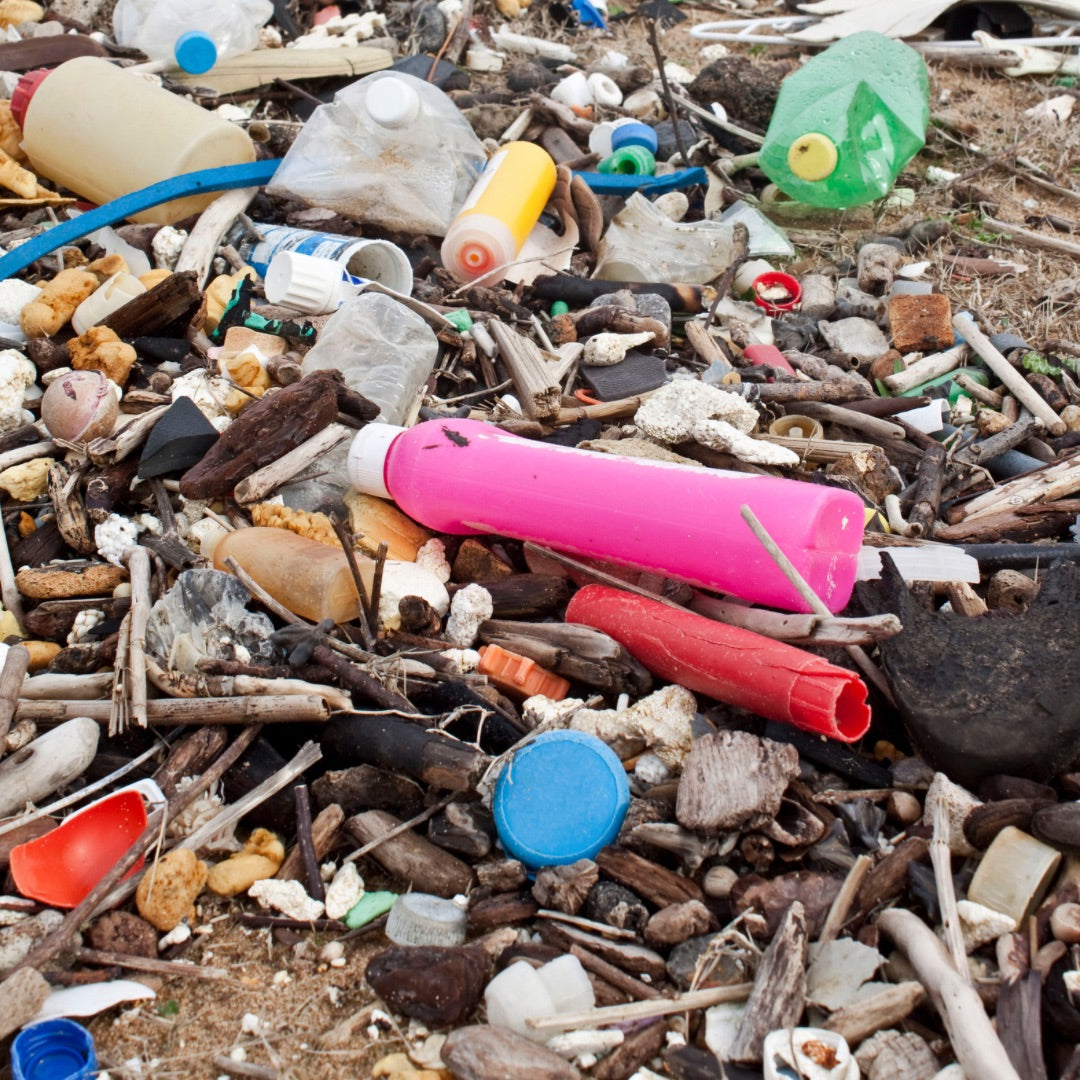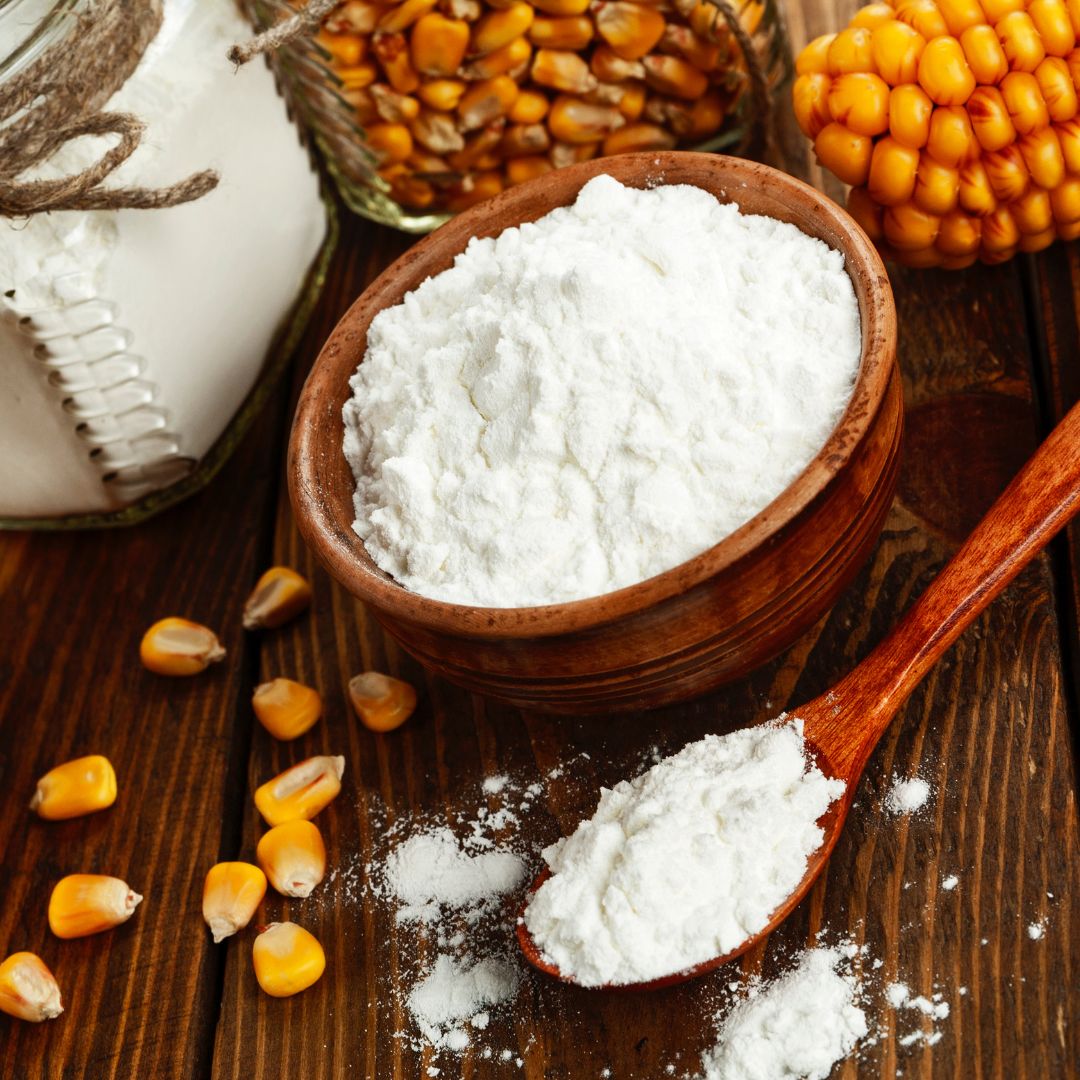The environmental impact of deodorant and how to make more sustainable choices

Deodorants have become an essential part of our daily routine, but most people are unaware of the environmental impact they have. For most deodorants, they contain chemicals that can harm the environment and contribute to climate change. Let’s take a look at how conventional deodorant can impact the environment and how we can start to make more sustainable choices.
The deodorant production process involves extracting and processing of raw materials, such as petroleum-based plastic packaging, aluminum, and harmful chemicals. These processes generate greenhouse gas emissions, contribute to deforestation, and harm aquatic life. As most conventional deodorants use plastic packaging or come in spray cans, these packagings are often not recyclable, and the deodorant ends up in landfills, where it takes years to decompose.
To make more sustainable choices, you may choose to switch to natural and organic deodorants. Natural deodorants are made from natural ingredients like coconut oil, shea butter, and essential oils. Some deodorants also contain organic ingredients that are grown without the use of synthetic pesticides and fertilizers, reducing the environmental impact of agriculture.
Another option is to use a refillable deodorant container or choose a deodorant in plastic free packaging. Deodorants in refillable containers help to reduce the demand for new products, which reduces the need for raw materials and energy for production.
Finally, consider making your own deodorant. There are many recipes online for making natural deodorants using ingredients like baking soda, cornstarch, and essential oils. Making your own deodorant reduces waste and ensures that you know exactly what goes into your product.


